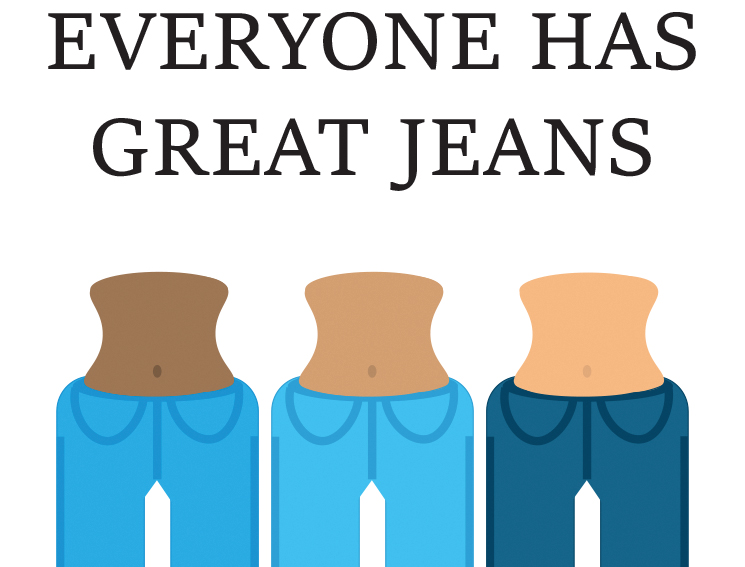After passing with unprecedented bipartisan support within Congress, a bill that would functionally eliminate access to TikTok in America within the upcoming months has just been signed by President Joe Biden. The bill, originally titled “Protecting Americans from Foreign Adversary Controlled Applications Act,” is now law as of April 24.
The clock has now started, forcing Tiktok’s parent company ByteDance to sell its stake in the platform within nine months as a condition to remaining available to Americans.
Though former Speaker of the House Nancy Pelosi claimed the purpose of the bill is not to ban TikTok, it is hardly disputed that it will function as a ban due to the nature of its requirements.
Lawmakers in support of the legislation point to Beijing-based ByteDance’s connection to China in justification. Sen. Marco Rubio of Florida said that China’s potential intervention in the app poses a national security threat as access to user data or ability to suppress certain media could indoctrinate Americans.
Many experts agree this is the fastest and most aggressive Congress has ever moved with regard to social media. The bill was proposed on March 5 and quickly garnered bipartisan support. Fast-tracked by Republican leaders and endorsed by Biden, the bill passed with a whopping 325-65 vote a week later on March 13.
On March 22, content creators on TikTok, many of whom depend on its availability in America, joined a few dissenting representatives for a protest against the passing of the bill.
Since the House passed the bill, in fact, protestors have been flooding Congress with calls about how critical the platform is to their lives, whether that be for connecting to subcultures and niche communities or for content creating. Initially it seemed as if the bill would stall indefinitely when it reached the Senate, but it was fast-tracked as soon as the House transformed it into a foreign aid package on April 23.
Many critics think this bipartisan aggression is not only misplaced and frustratingly tone-deaf, but also legitimately dangerous.
In a coalition letter to Congress on March 12, the American Civil Liberties Union and its partners explicitly condemned this legislation on the basis of it infringing upon First Amendment rights – only for the House to pass it a day later.
Such legislation is purported to have historic consequences by numerous experts, including economists. An Axios report cites Anupam Chander, a visiting scholar at Harvard University and distinguished law professor at Georgetown University, who gave a clear warning. Chander said, “We might turn out to have created a precedent that comes back to haunt us.”
According to Chander, such a precedent will allow for other countries to similarly force U.S. companies to divest their own local operations.
Proton, an encrypted email company based in Sweden, worries that such legislation will become an unintended precedent for violations of internet freedom going forward.
But what will this mean for us, the consumers? Economists, legal scholars and civil rights advocates agree this kind of legislation will result in granting the federal government a kind of power it has never had before: the unchecked ability to ban apps based on their country of origin.
Let us be perfectly honest – this legislation, however it is being framed, is not actually about protecting our privacy. If it really was about that, the U.S. government would need to address such concerns domestically first.
Rep. Sara Jacobs said: “Not a single thing that we heard in today’s classified briefing was unique to TikTok. It was things that happen on every single social media platform.”
In 2018, Facebook admitted user data had been sold to third parties such as Cambridge Analytica without the consent of its some 87 million users. The data Cambridge Analytica illegally harvested was used to spread political propaganda and misinformation, particularly about the 2016 election. In 2022, Facebook’s California-based parent company, Meta, was found guilty and paid $725 million to settle the class action lawsuit that followed. Yet Facebook faced no repercussions from the federal government and remains the world’s largest social media platform today.
Regardless of whether the “privacy concerns” are genuine, it is clear this unprecedented level of recklessness from Congress is deeply influenced by one thing that unites both parties beyond all else: fear of the Chinese government.
It is no coincidence this is happening amid what many experts call a “pseudo-Cold-War” between the U.S. and China. Democrats and Republicans alike have an incentive in fearmongering the general public about China.
It becomes increasingly concerning that our current lawmakers are willing to prioritize fearmongering over genuinely aiding its constituents. This legislation is simply the most recent and controversial example of this oversight.
The irony of the hurried passing of the TikTok bill is it will make the U.S. look exactly like the kind of government it is so afraid of. Many suspect the ban is also influenced by the fact that TikTok has helped make progressive content more accessible to younger generations than any other social media platform before.
According to the ACLU, “the platform has become a nexus of organizing, education, and entertainment for young Americans.” TikTok’s user base is made up of largely Gen Z users – the generation that The Nation called an increasingly powerful political demographic after its surprisingly high voter turnout to fend off the anticipated “red wave” in 2022.
Rep. Jim Himes, one of the dissenting Democratic members of the House Intelligence Committee, expressed concerns regarding this very problem. Himes said: “One of the key differences between us and those adversaries is the fact that they shut down newspapers, broadcast stations, and social media platforms. We do not. We trust our citizens to be worthy of their democracy. We do not trust our government to decide what information they may or may not see.”
And yet, this legislation will effectively give the U.S. government the power to decide that and more. Alex Haurek, a spokesperson for TikTok, said, “It is unfortunate that the House of Representatives is using the cover of important foreign and humanitarian assistance to once again jam through a ban bill that would trample the free speech rights of 170 million Americans, devastate 7 million businesses, and shutter a platform that contributes $24 billion to the U.S. economy annually.”
Once it was repackaged as a foreign aid bill, this legislation was praised by lawmakers for its potential to spread freedom across the world. The irony is that simultaneously, it restricts the freedom of 170 million Americans. This decision will undoubtedly become one of the most historic moments involving free speech and censorship in American history.








